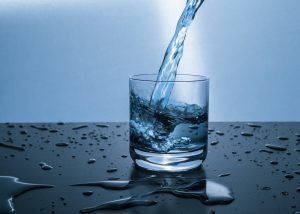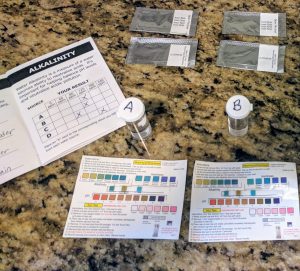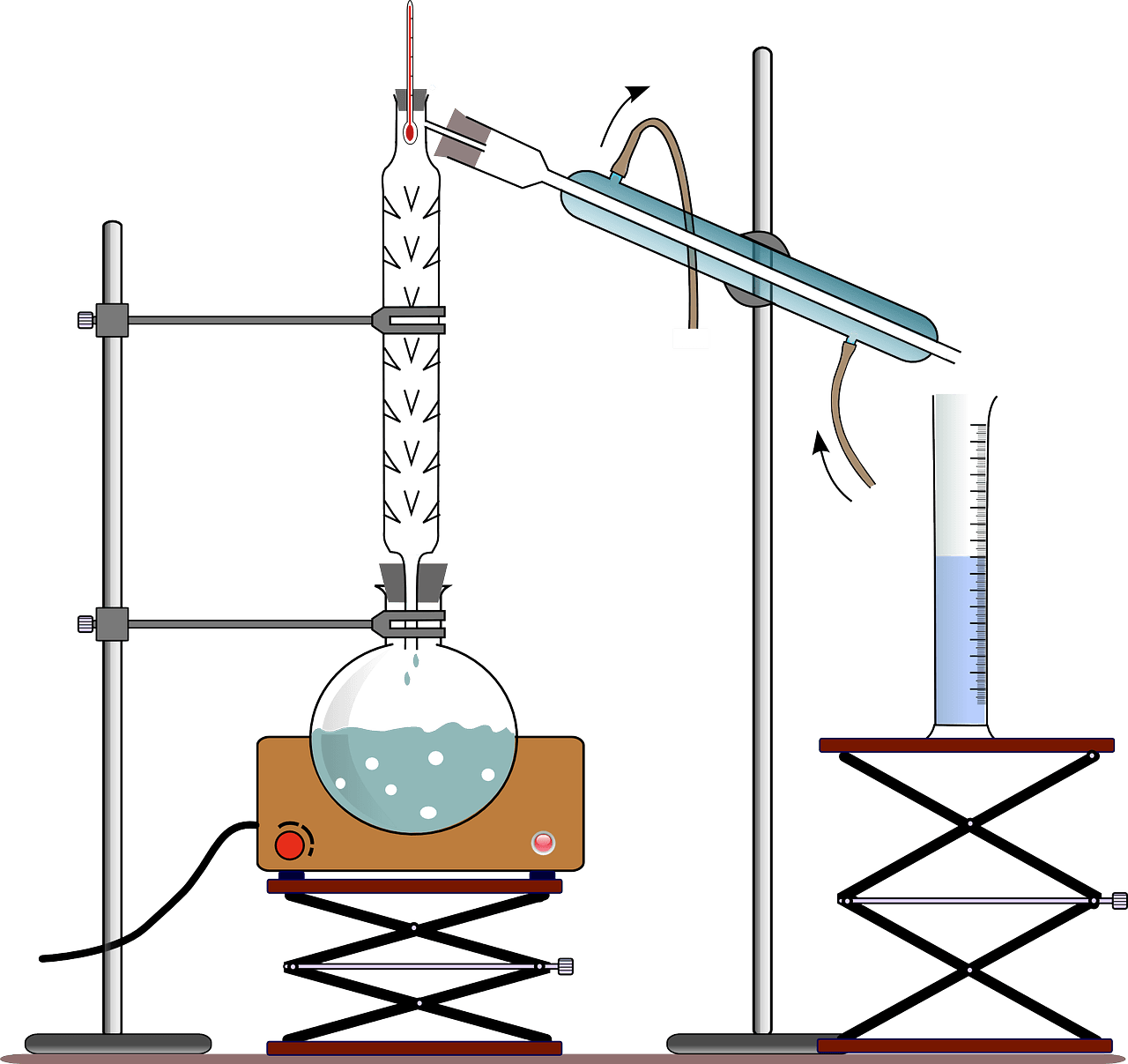No matter where your water comes from, whether its tap water or distilled water, you need to be concerned about its quality. Government organizations set water quality standards to ensure that people have access to safe drinking water. Characteristics used to judge water include dissolved mineral content, number of bacteria, pH, and hardness. Distilled water is generally considered to be high quality because the distillation process removes many of the impurities.

What Is Distillation?
Historical accounts of water distillation go back to about AD 200 when people distilled drinking water from seawater. Distillation is a simple process where water is boiled to produce steam. The steam is then cooled and condensed into water. Because the contaminants and minerals are not affected by the temperature it takes to boil water, they are left behind.
You can purchase distilled water, but it is also possible to distill water in your home. A single-unit distiller is a popular choice for home distillation. It works by heating water in a chamber to produce steam. The steam then moves from the chamber where it cools and condenses back into water. Any contaminants remain in the chamber.

Mass produced distilled water is typically made in a multiple-effect vapor compression distiller. These industrial distillers can convert millions of gallons of water in a single day. They use large-scale boiling chambers, connected by tubes, to turn the water into steam. The next phase is a compressor that condenses the steam back to water and releases it into storage chambers.
Uses for Distilled Water
While distillation can purify water for drinking, it also has a number of other specific uses.
- Scientists prefer working with distilled water for its exceptional purity.
- Distilled water lacks ions making it a good choice to fill cooling systems and the lead-acid batteries used in cars.
- Without trace minerals, distilled water works best in model steam engine boilers and other model engines. The lack of minerals improves efficiency and prevents what is known as boiler scale.
- Distilled water is used in aquariums because the chemical disinfectants common in tap water have been removed.
- Cigar aficionados use distilled water in their humidors to prevent mineral buildup and improve effectiveness.
- Homebrewers choose distilled water for its purity. This ensures that brews do not take on unusual flavor characteristics imparted by water impurities.
- CPAP users should use distilled water because it does not leave residue when the device’s humidifier evaporates water.
How Pure is Distilled Water?
The process of distillation heats water into steam, leaving behind much of the particulate matter that is considered contamination. There are some pollutants that have a lower boiling point than water. During distillation, the process pushes these vapors into the same chamber as the water vapor. The final product that is in the chamber could still contain some contamination. While distillation does remove impurities, experts recommend a secondary purification method to compliment the distillation.
One way to measure water purity is by determining how much electricity it can conduct. Electrical conductivity, or resistance, is measured as it passes through two points in the water. Here are some resistance comparisons measured in ohms:
| Type of Water | Ohms |
|---|---|
| Completely Pure Water | 18,000,000 |
| Distilled Water | 200,000 |
| Municipal Tap Water | 25,000 |
Benefits of Distilled Water
The biggest benefit you can gain from drinking distilled water is that it is cleaner and purer than tap water. Keep in mind that depending on the type of distillation, it may not remove all contaminants. If testing showed that the original water source was safe for drinking, then distilling will improve the quality, and it will still be safe for drinking. However, distillation of non-potable water may not produce water that is safe to drink. The distillation process may not remove certain chemical compounds such as those found in pesticides.
Should You Distill Your Water?
If your tap water comes from a municipal source, workers regularly test it to ensure that it is safe to drink. Municipalities do not test water from private water sources. People with private water, such as wells, are responsible for testing their water source. No matter where your water comes from, the surest way to know what is in it is to test it. TestAssured offers a variety of testing kits that will show you exactly what is in your water. If your water is high in minerals or heavy metals, home distillation may be an option to purify your water.



We can learn something from it
what experiment could u do to figure out which is which (tap and distilled)?